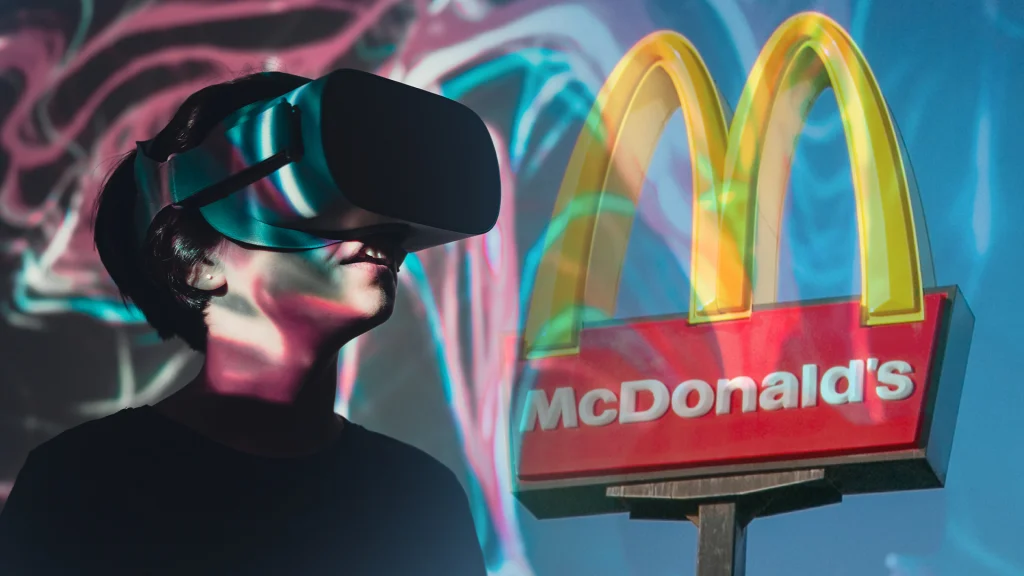Launched in Singapore, American fast-food business McDonald’s ‘My Happy Place’ metaverse lets residents create virtual burgers and engage in other activities.
Table of Contents
ToggleCollaboration and Key Features
McDonald’s Singapore worked with Bandwagon Labs, the metaverse branch of entertainment media tech business Bandwagon, to construct the in-app virtual world for its consumers.
Bandwagon Labs founder Clarence Chan underlined three important factors for creating McDonald’s’ metaverse:
“This is multiplayer, hence players may see others in the globe right by them. The metaverse is a creative canvas on which we enable people express their originality. Thirdly, it is loaded with daily incentives with varied difficulties that set off a reward system.”
Web3 technologies also support security, functionality, and use cases for digital collectible keeping. “We let you securely authenticate your identity and engage in token-gated activities within the metaverse by including wallet hosting services like MetaMask,” Chan said.
Operation and Future Prospects
The release states McDonald’s has complete influence over its in-app metaverse. The initiative will be operational for one month, from June 6 to July 7, and its success will decide whether or not the services will be continued or used in next installations.
Chan got married in the metaverse and supported the possibilities of technology in fan involvement and client retention. Third-party hosts, he claimed, however, limit existing metaverse experiences.
“Moreover, the lack of real benefits for those who occasionally use metaverse can demoralize most of the viewers.”
Metaverse for Active Fan Involvement
Chan thinks Bandwagon Labs has answers for McDonald’s‘ challenges. “Not only can users engage and play with their friends, but they can also win tangible rewards, like fries, by participating on our platform,” he said.
Partnership with Magic Leap
Recently Magic Leap revealed “a multi-faceted, strategic technology partnership” with Google to create new extended reality technologies.
This Might Interest You: Sumsub and Bitget Combat Crypto Deepfakes
According to a statement from Magic Leap CTO Julie Larson-Green, the collaboration would emphasize Magic Leap’s optical advancements in tandem with Google’s infrastructure.
“This collaboration combines Google’s technology with our great optics capabilities to provide immersive experiences to the developer ecosystem and for consumers, hence accelerating the transforming power of AR. Expanding the possibilities of XR – combining the actual world with worthwhile, contextually relevant solutions excites us.”
The press statement made no mention of any actual goods or forthcoming services.


